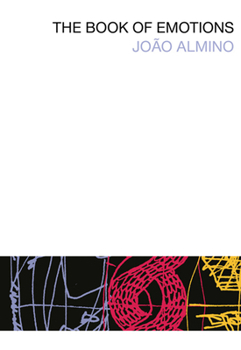The Book of Emotions
Isolating these moments in his memory and attempting to analyze them much like a lens, he envisions a haiku stripped of rhetoric that captures only what is in front of the camera. Yet, deprived of his sight, the photographer now must reconstruct his experiences as a series of affective snapshots, a diary of his emotions as they were frozen on this or that day. The result, then, is not the description of a remembered image, but of the emotional memory the image evokes. Joao Almino here gives us a trenchant portrait of an artist trying to close the gap between objective vision and sentimental memory, leafing through a catalog of his accomplishments and failures in a violent, artificial, universal city, and trying to reassemble the puzzle that was his life.





